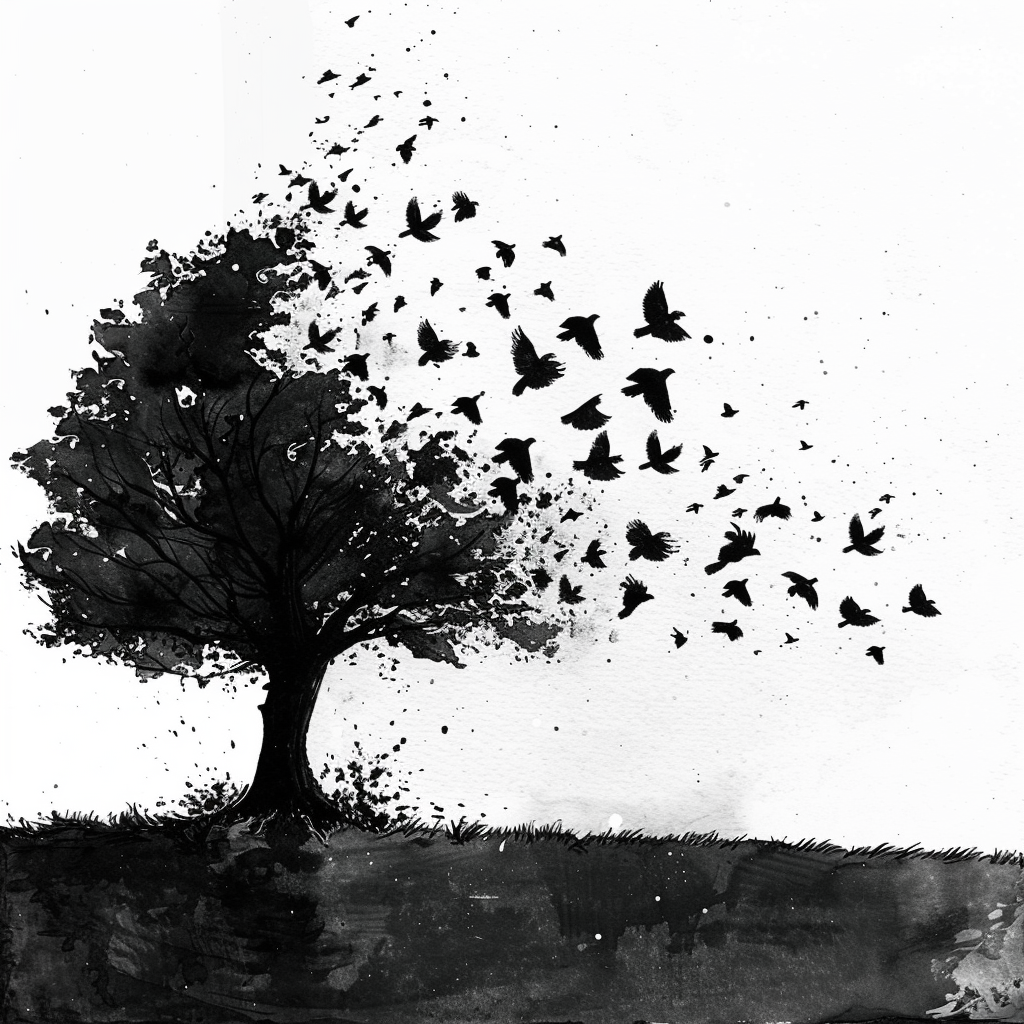Practicing Resurrection
“If you died tonight, where would you spend eternity?”
I heard that over and over in the church of my childhood and youth. It was a stock ending to an evangelistic sermon aimed at getting people saved. I grew up in South Dakota, but if you went to a Baptist church in Wisconsin or Washington, Indiana or Louisiana, you heard the same “altar call.”
The promise was that you could seal your eternal destiny with one prayer. After that, you knew where you were going when you died.
I “walked the aisle,” as we used to say, when I was seven years old. After that, I knew where I was going when I died. Until I passed a few years and wondered about that eternal transaction. What worked for my seven year-old soul began to fail me as a teenager. Was that prayer sincere way back then? Maybe I needed a mulligan. So I “walked the aisle” again and again.
Eventually the idea of securing my eternal destiny lost its appeal. Maybe that’s happened for you. The big concern is not what happens in the next life, but what happens now. Because if we can trust God with our lives now, later takes care of itself.
A better question is the one Zen master Maezumi Roshi asks: “Why don’t you die now and enjoy the rest of your life?” St. Paul said the same thing, declaring flatly, “I die daily.” In other words, die to your cranky old false self. Die to your need to be right, to be attractive, to be important, noticed, vindicated. Die—in this case—to your need to control what happens when you die!
Try it. Try letting something go today, and see how it feels. See if your blood pressure drops, your cortisol wanes, your brow unfurrows, your happiness ticks up. That’s the best Easter practice I know—it’s what Wendell Berry meant in that wonderful line, “Practice resurrection.”
Once you’ve experienced a lot of little resurrections, the Big Resurrection just follows naturally.

As someone who walked the aisle myself, I can’t tell you how much I appreciate your message today.
I’m sure you heard the same altar call in Arkansas.
A nor’easter blew through here, turning the world white and clearing the calendar of whatever was on it. The day that was supposed to be is dead: it can be a joy or a frustration to see what rises from the ashes (or snowflakes). Thanks, David.
That’s a great way to frame a day after a wipe-out storm—the day you thought you were getting is dead, so what will this new day be? Love that.
Thank you for this. I always need a reminder to let go!
Don’t we all!
Bless you, David.
A strange thing happened just now. As I was typing “I love that ‘I die daily’ mantra,” the “om”symbol 🕉️ appeared on the suggestion screen; so I tapped it in.
Om is “the audible expression of the transcendental, attributeless ground of reality.”
Hence my prayer this morning is 🕉️.
Amen.
🕉️ That’s it—resting in God, the ground of reality.
David,
Why is the best advice so impossible to accept?
That’s the million dollar question, Brian. The amazing thing about this deeply human insight is—it’s very simple, but it’s also amazingly hard. Here’s the only thing I know—most of us can’t let go of things, even things we know aren’t taking us anywhere good. But in time, life just naturally takes some of those things away from us (if, e.g., you’ve relied on your youthful good looks and energy to fuel your success, that eventually goes the way of all flesh). And in that moment we can realize what’s happened to us, and can understand the loss as a kind of falling upward, a gift. And after a few fallings like that, with a little grace from heaven, we can start to see the pattern, and maybe then start to surrender on our own, before things are taken from us. But—that takes time and prayer, and more grace upon grace.
Went to an AA meeting recently and a guy was called up to receive a coin for having 40 years. As always, the presenter asks ‘How did you do it?’ And he replied, “The record for sobriety is 24 hours.” I loved that and it’s a worthwhile pursuit “out there” as well! ODAAT
I’d never heard that one—“the record for sobriety is 24 hours.” That’s good!
And it’s so in line with what I was writing about in this piece. The focus of my childhood faith was a lot about securing the future, actually nailing down our place in eternity! And what I was led to was more a way of letting security go, and just being held in this very moment by eternal hands. I could re-work that quote of yours to—“the record for personal salvation and union with God is one second.” Ha!